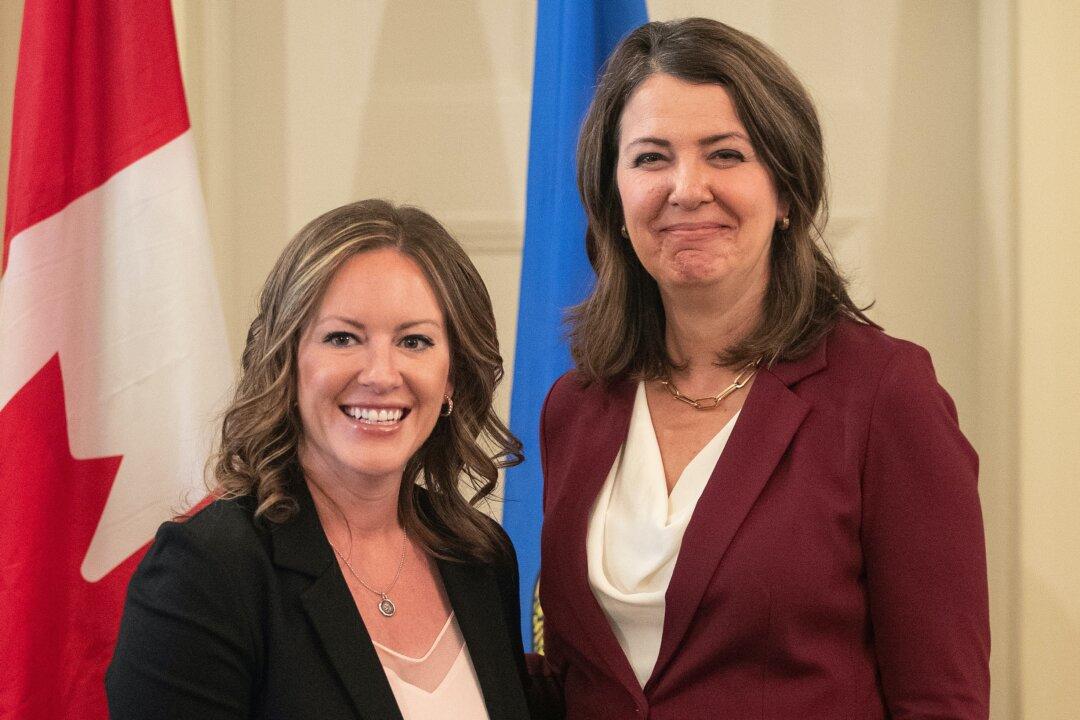Alberta Environment Minister Rebecca Schulz will meet with her federal counterpart, Environment Minister Steven Guilbeault, in Ottawa today as the province readies itself to oppose Ottawa’s proposed oil and gas emissions cap in court.
The meeting comes the same day the province will submit its formal, written feedback on the proposed cap, a program Ms. Schulz has said would effectively put limits on production.





